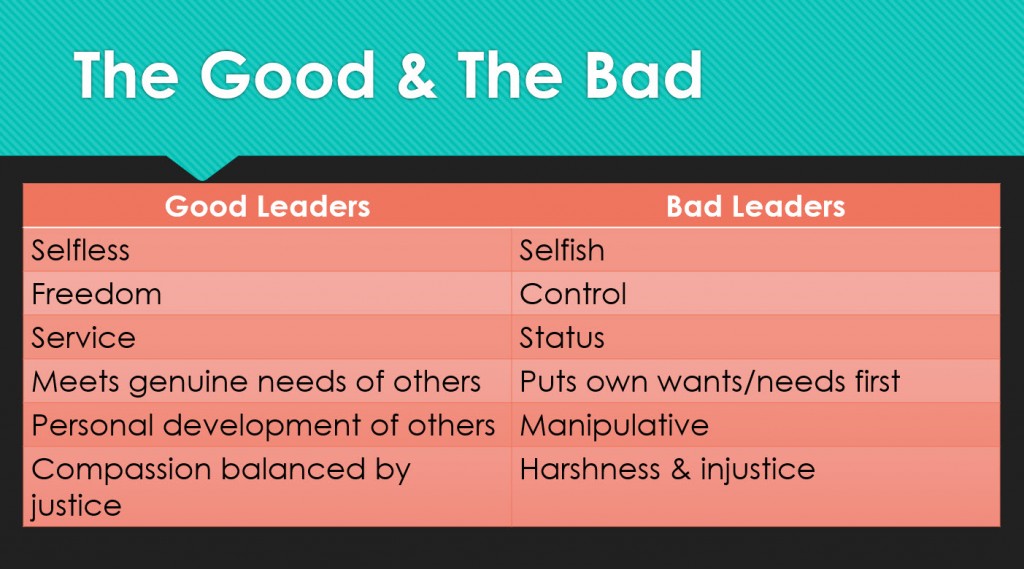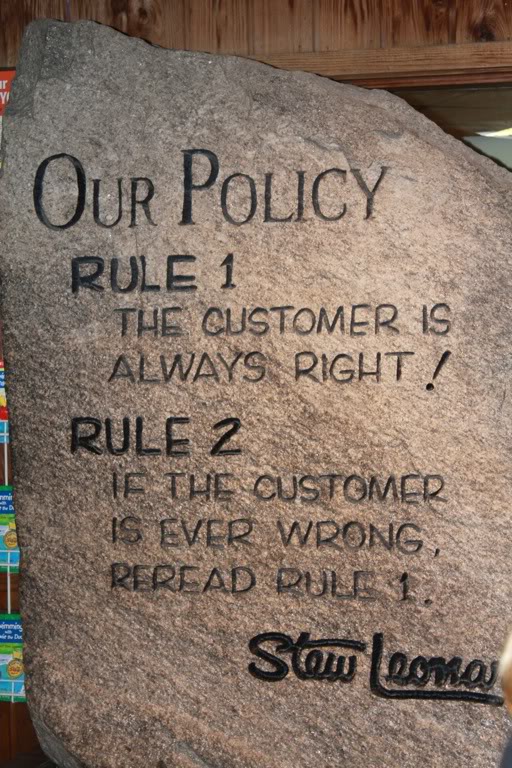I used to think that some people were born to be entrepreneurs and some people weren’t. I also thought that I was one of the ones who wasn’t born with that talent, knowledge or even desire to be my own boss. I liked the safety provided by working for someone else – the bigger that someone else was, the better (I worked for P&G for a while even).
At the beginning of the class, I read something that talked about how every human being is born with some sense of creativity and that an entrepreneur is really just a creative person who has the courage to make something out of their creativity. I had never thought about it like that before and it was like a light went off in my brain.
Creative doesn’t just mean that you can paint, draw, sculpt, sew, make cards or scrapbooks, or design beautiful buildings, landscapes or clothing. Creative also means that you can solve problems given limited resources. Many call that resourceful, and that’s true too, but a creative person isn’t just resourceful. They use those resources to accomplish a goal/task, yes, but they also make it better.
I can do that.
I know how to leave things better than I found them. I know how to add value to my work and help others to see value in theirs. And I like doing it.
I’m so glad I had that realization early on this semester. That realization patterned the entire rest of my time. It shed light on every article and every book I read, every video I watched, and I even started seeing things at work differently. I understood more. I saw people doing things I was reading about and I finally understood why.
If I could give one parting piece of advice to those taking this class after me, it would be to stop worrying about the “what” and focus instead on the “who”. It won’t matter what you sell or what service you offer if you’re doing it for the wrong reasons. Focus on the lives you can change and good you can do for others with your business. There is something you can offer someone else, even if it’s just that you’re not the boss you can’t stand.
Believe in yourself. Believe in others. Look for the good in the world and you’ll find it. Look for the bad and you’ll find it. “Choose you this day” what you’re going to look for and move forward “with an eye single” to that purpose. Everything else will fall into place. It always does when you’re doing it for all the right reasons.



